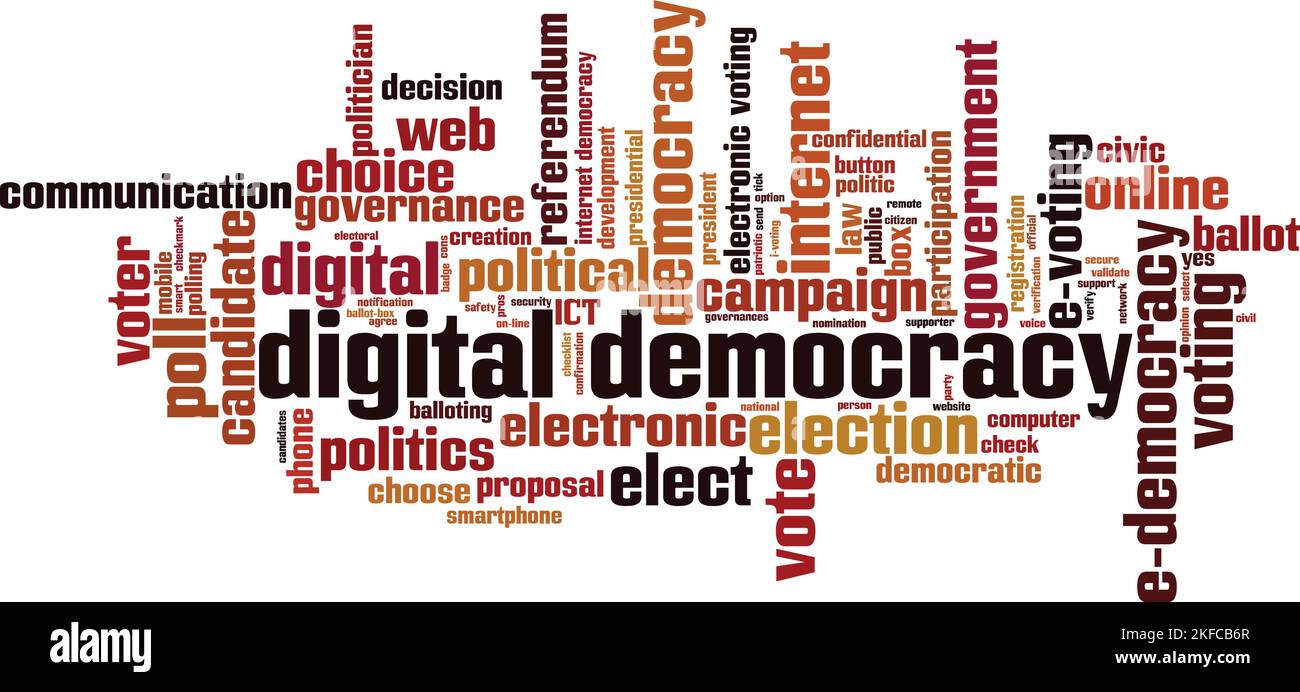Book Progress
Part I: Philosophy & History
Part II: Psychology & Sociology
Part III: Technology & Society
Part IV: AI & The Future
Part V: Cybersecurity & Defense
Part VI: Practical Application

Politics of Digitization
Power, Sovereignty, and Democracy in the Digital Age
Guiding Questions
- How do digital technologies change the nature of political power and governance?
- What are the implications of digital transformation for democracy and civic participation?
- How do digital platforms and algorithms influence political processes and public discourse?
- What new forms of sovereignty and governance emerge in digital contexts?
Power in the Digital Era
Digital technologies are fundamentally reshaping political power, governance structures, and democratic processes. The politics of digitization involves understanding how digital systems concentrate and distribute power, how they enable new forms of political participation and control, and how they challenge traditional concepts of sovereignty and governance.
Digital platforms have become new sites of political power that operate across national boundaries and often outside traditional regulatory frameworks. They control information flows, shape public discourse, and influence political processes in ways that challenge traditional democratic institutions and accountability mechanisms.
Understanding the politics of digitization requires examining both the democratic potential of digital technologies to enable participation, transparency, and collective action, as well as their capacity for surveillance, manipulation, and authoritarian control.
Digital Power Dynamics
1. Algorithmic Governance and Control
Algorithms increasingly govern human behavior through automated decision-making systems that determine access to services, opportunities, and information. This creates new forms of power that operate through technical systems rather than explicit political authority.
Algorithmic governance often operates with limited transparency or accountability, creating challenges for democratic oversight and raising questions about fairness, bias, and the rule of law in automated systems.
2. Platform Power and Digital Sovereignty
Major digital platforms exercise quasi-governmental power through their ability to set rules, moderate content, and control access to digital services that are essential for modern economic and social participation.
The global reach of digital platforms creates tensions with national sovereignty as platforms operate according to their own policies rather than local laws, leading to conflicts over jurisdiction and democratic accountability.
3. Information Control and Public Discourse
Control over information flows and recommendation algorithms gives digital platforms significant influence over public discourse, news consumption, and political opinion formation.
The concentration of information control in a few major platforms raises concerns about media diversity, democratic debate, and the potential for manipulation of public opinion through algorithmic curation.
4. Digital Participation and Democratic Innovation
Digital technologies enable new forms of political participation including online organizing, digital activism, and participatory democracy platforms that can enhance civic engagement and democratic responsiveness.
However, digital participation also creates new barriers including digital divides, filter bubbles, and the potential for manipulation through targeted messaging and misinformation.
Case Studies in Transformation
Reclaiming Democratic Power in the Digital Age
The digitization of political power requires new forms of democratic governance that can effectively regulate digital systems while preserving their benefits for civic participation and social organization. This means developing institutions and practices that can hold digital power accountable to democratic values.
Citizens must develop new forms of digital literacy and civic engagement that enable effective participation in digital political processes while protecting against manipulation and maintaining democratic discourse.
The future of democracy in the digital age depends on conscious choices about how we structure digital governance, distribute digital power, and ensure that digital technologies serve rather than undermine democratic values and institutions.
Reader Reflection Questions
- 1. How have digital technologies changed your political participation and civic engagement?
- 2. What concerns do you have about the concentration of information power in digital platforms?
- 3. How can democratic institutions better govern digital technologies and platforms?
- 4. What would digital democracy look like if it truly served citizen empowerment and participation?
Continue Your Journey
Examine AI consciousness or return to human-technology tensions.